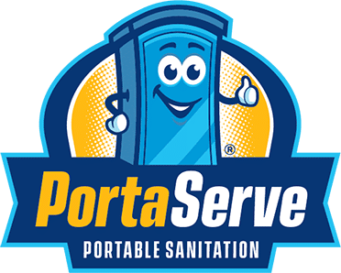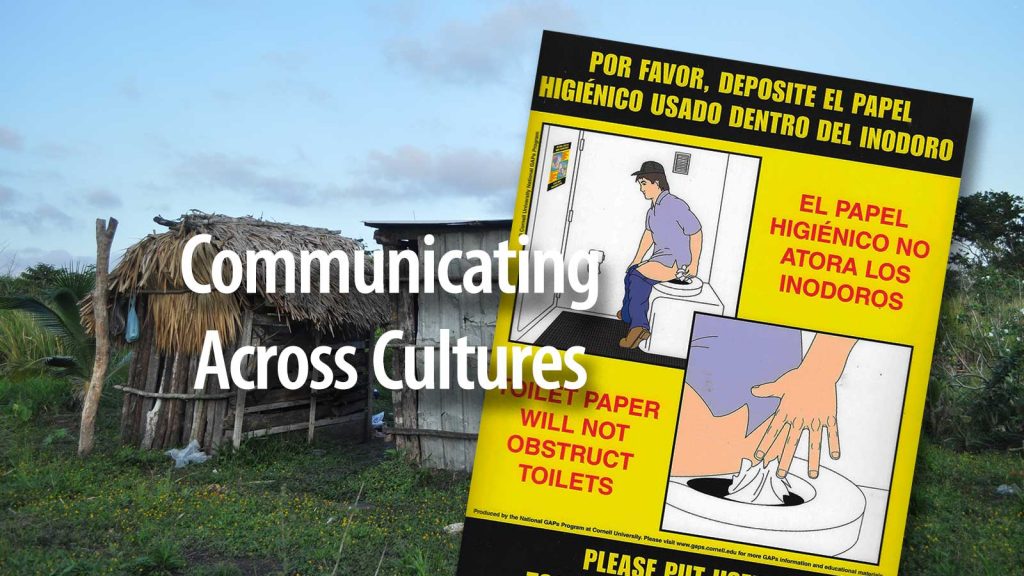A recent TED speaker pointed out that most cultures have a tendency to believe that their way of doing things is somehow the “normal” or only way. More often than not, however, there is no one “right” way to do anything.
For example, here in the USA, our “normal” way of disposing of used toilet paper is to simply flush it down with everything else. We can get away with this because in our culture indoor plumbing, sewers and septic tanks, and ample fresh water are the norm.
Things are different throughout Mexico and much of Central America. In some locations, local septic or sewer systems simply aren’t up to the task of ingesting paper products. In rural areas, it’s common to use composting toilets known as eco-baños. These are more environmentally-friendly than traditional outhouses — but they don’t always do will with paper products. For this reason, the norm in much of Mexico and Central America is to dispose of toilet paper in special covered wastebaskets strategically placed next to the toilet itself.
Many of Porta Serve’s agricultural customers use a seasonal labor force consisting primarily of workers from Mexico and Central America. Those workers who are new to the United States may not know that it’s okay to dispose of toilet paper along with all other waste. They look for the familiar toilet-paper wastebasket and, finding none, place the used tissue in the one thing that most closely resembles what they use at home: the urinal.
To help prevent this from happening, Porta Serve has a special, four-color placard we place in all of our agricultural units. It explains, in Spanish and English, that it’s not only okay to dispose of toilet paper the same way Americans do, but preferred.
Awareness of these cultural differences is just one more thing that sets Porta Serve apart.

